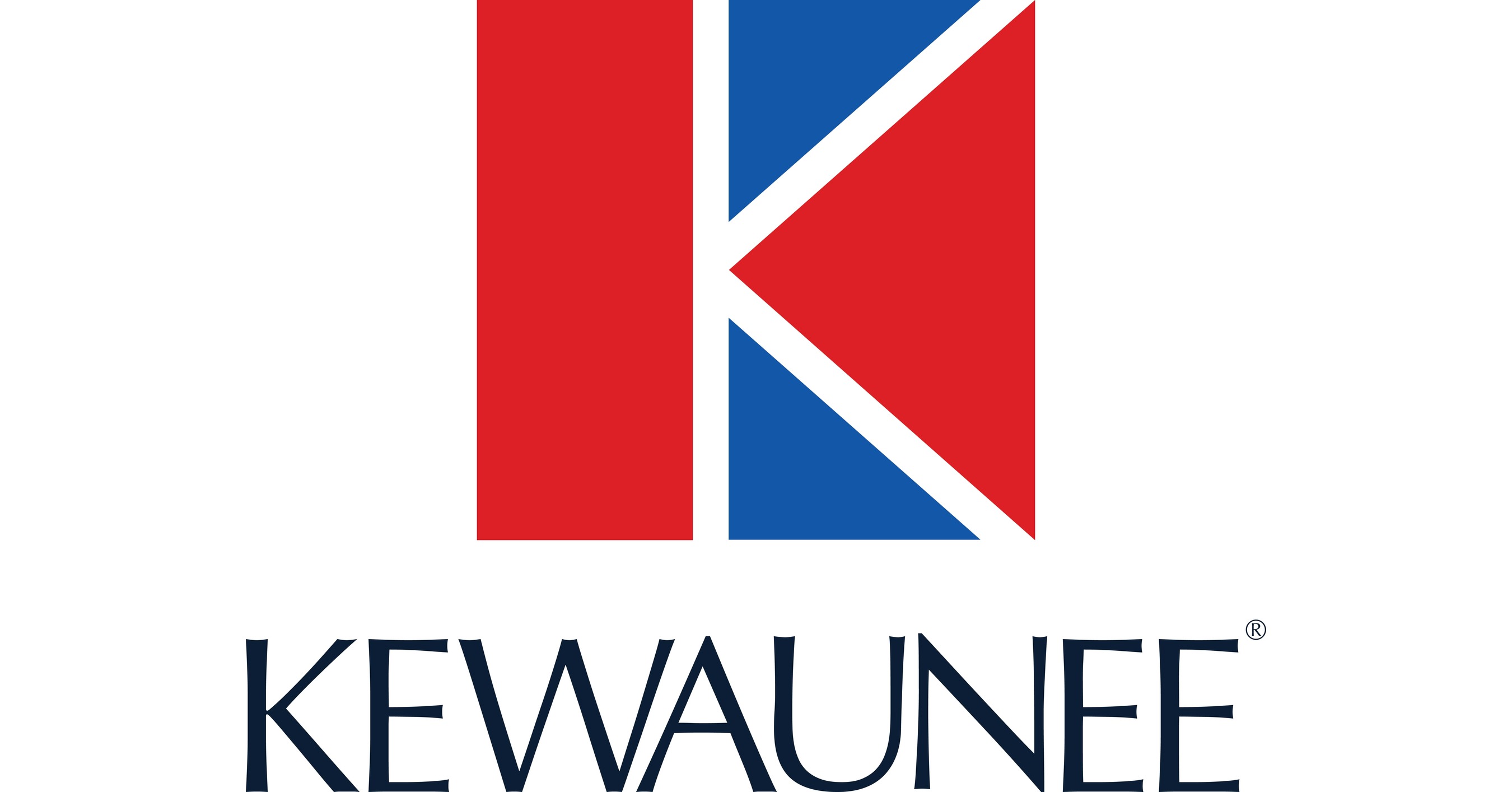Ugandan government upbeat as tax reforms take effect - CNBC Africa
In a significant move, Nigeria's Senate has approved the extension of the capital component of its 2024 national budget to the end of the year. The deadline has been shifted from the 30th of this month to December 31st, raising critical discussions about the nation's budgetary performance, revenue outlook, and the economic implications of this decision. Johnson Chuka, CEO of Kri Asset Management, shared his insights during an interview, scrutinizing the rationale behind the extension and its economic repercussions. Chuka pointed out that the primary motive for the extension revolves around uncompleted projects that the government is determined to see through to completion. "They wouldn't want those projects to remain uncompleted," Chuka stated. However, he raised vital questions on funding these ongoing projects without a supplementary budget for 2025. One of the most pressing issues, Chuka highlighted, is the manner in which these projects will be financed. He noted that government revenues have already been earmarked for 2025 appropriations. Therefore, utilizing 2025 funds for 2024 projects could lead to a budgetary conundrum, where the capital projections for 2025 might also require deferrals due to limited resources. "The concept of having a timeline for executing a budget is for accountability," Chuka emphasized. Extending the budget beyond the defined period might pose challenges in terms of accountability and transparency regarding the sources of revenue. The discussion further delved into Nigeria's revenue performance, with the finance minister citing a 40% increase in government revenue, peaking at 6.9 trillion Naira in the first four months of the year. This, however, poses another question: can Nigeria sustain this revenue growth to support two concurrent budgets? Despite the rise, Chuka expressed skepticism about meeting revenue targets, warning of a potential deficit which could exceed current projections. Additionally, the discussion touched on borrowing and the volatile oscillations in oil prices. Amid heightened tensions in the Middle East, oil—a major revenue source for Nigeria—poses uncertainties in revenue projections. "Nigerian government revenue got a boost," Chuka noted, reflecting on the recent appreciation of the local currency driven by investor expectations of increased government earnings from oil. Nevertheless, the fluctuation in crude prices remains a critical concern. Chuka indicated that the blend of geopolitical instability and the lack of a sustained high price trend in crude oil could negatively affect budgetary benchmarks. The strategic participation of foreign portfolio investors was also dissected, highlighting the impact of yield fluctuations and currency stability on investment inflows. "Investors take positions if local currency is relatively stable," Chuka clarified, explaining how favourable interest rates currently drive investor appetite. Finally, the interview touched upon regulatory changes by Nigeria's Securities and Exchange Commission, introducing a three-year cooling-off period for CEOs transitioning to board chairs, aimed at enhancing corporate governance. The decision to extend the 2024 budget highlights a complex interplay of resource allocation, fiscal transparency, and economic strategy. As government revenues evolve and global market conditions shift, how Nigeria navigates these waters will be pivotal in determining its economic resilience and developmental trajectory.










